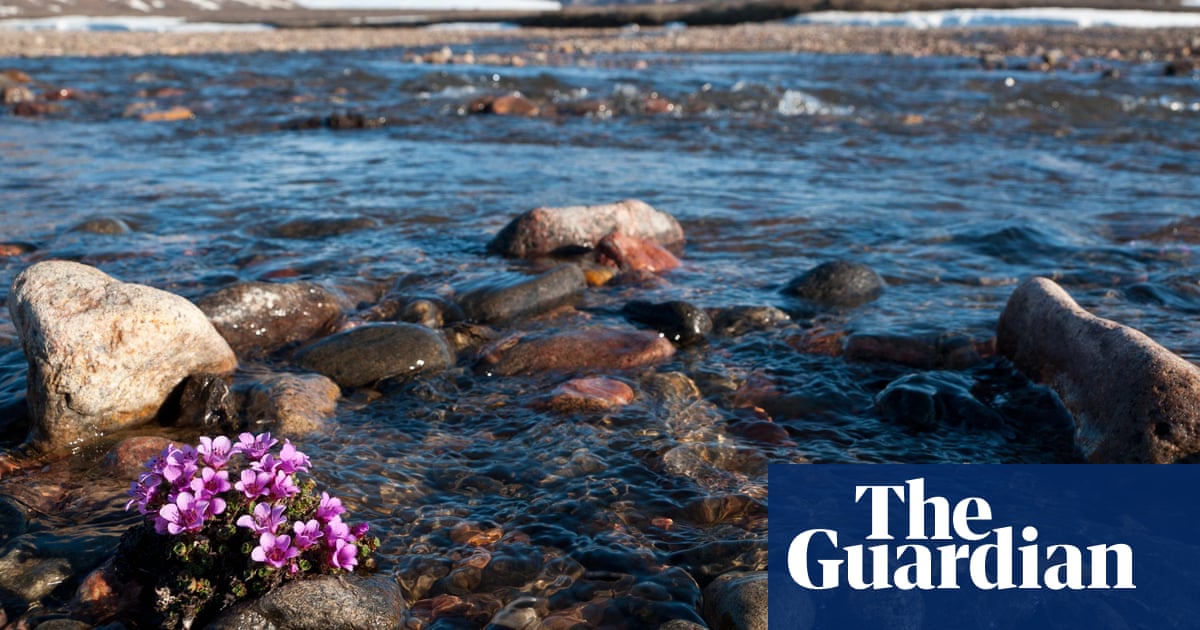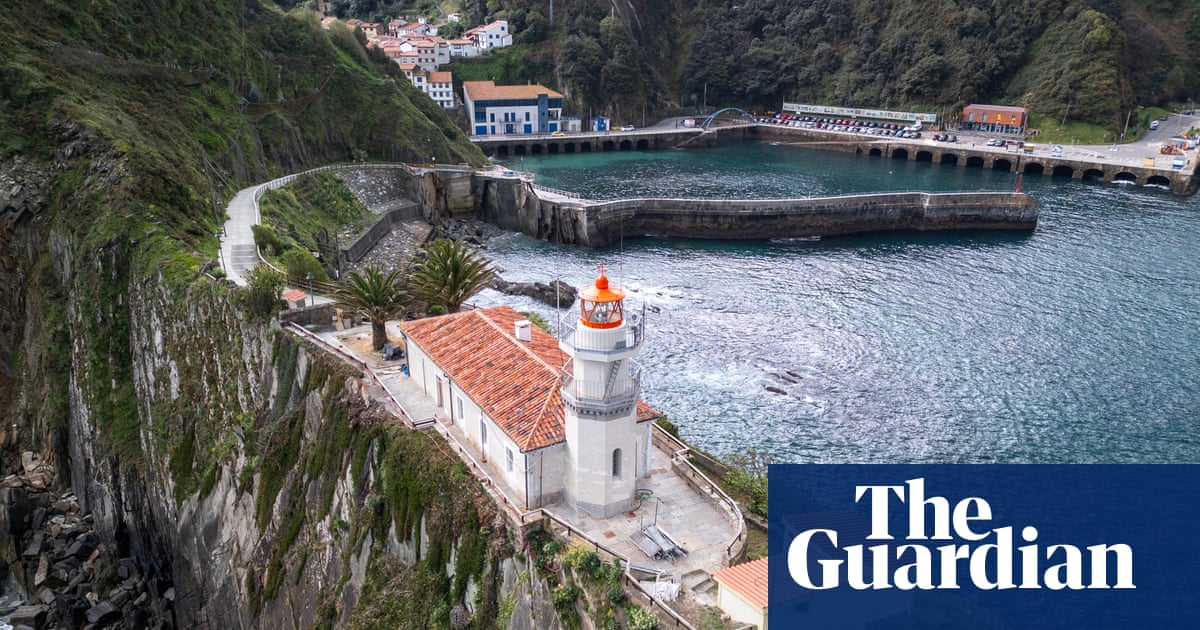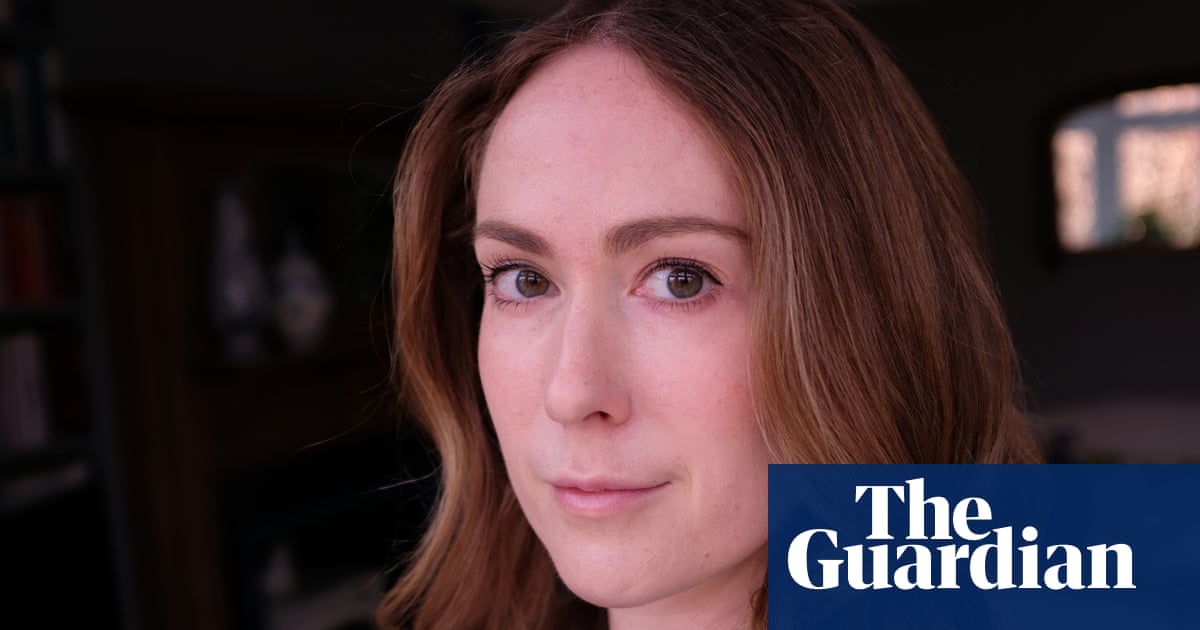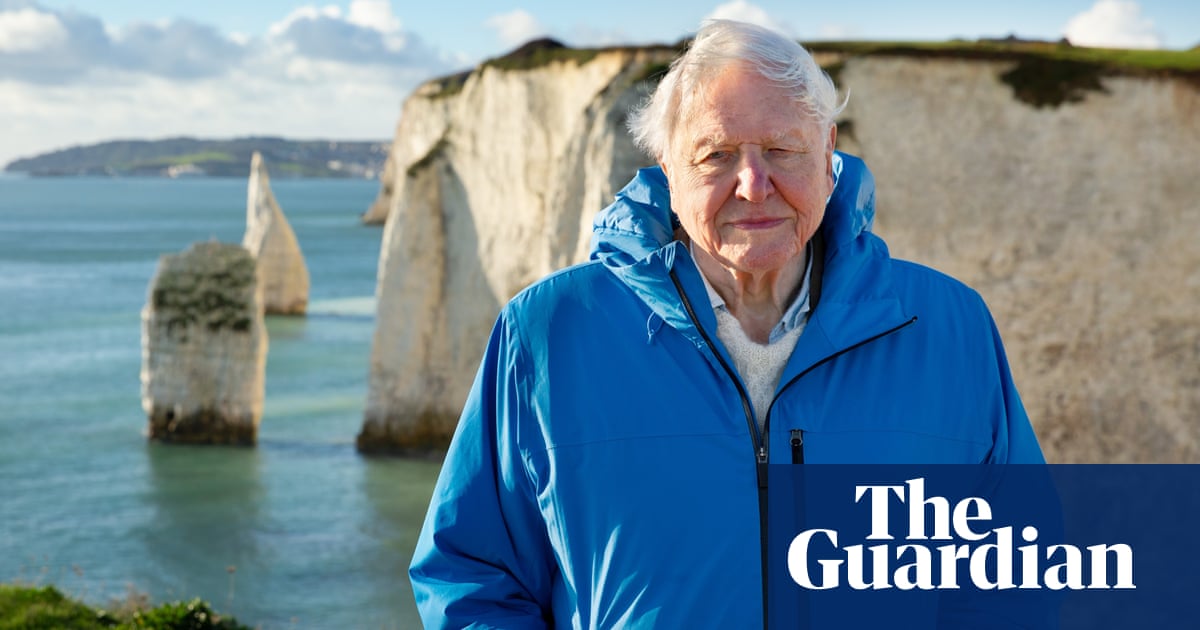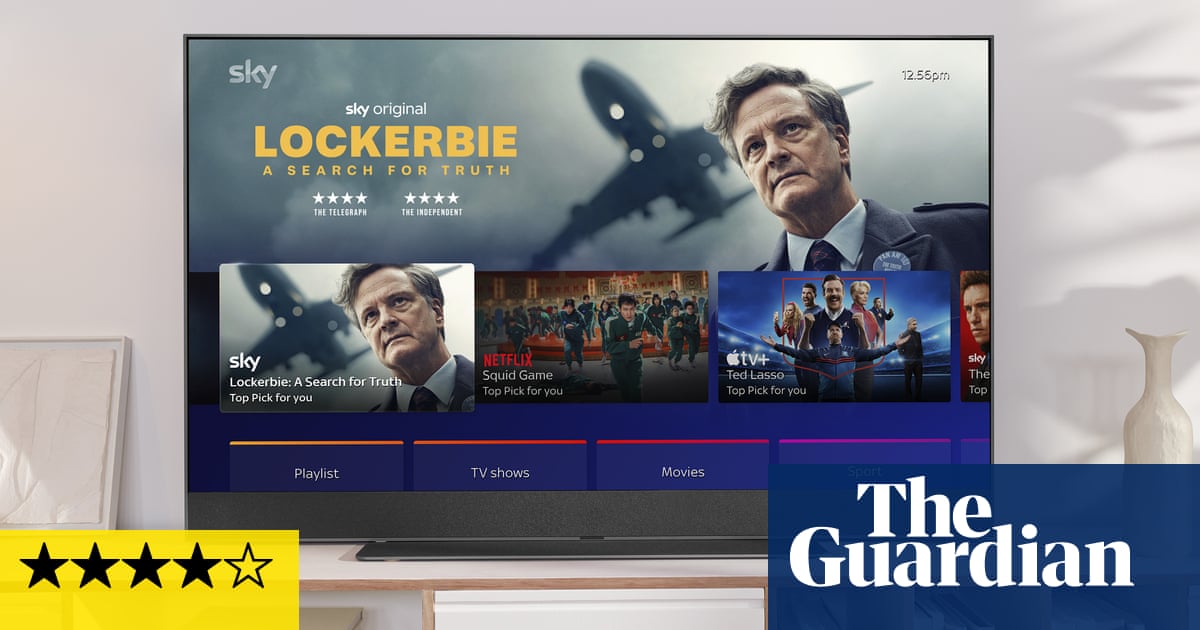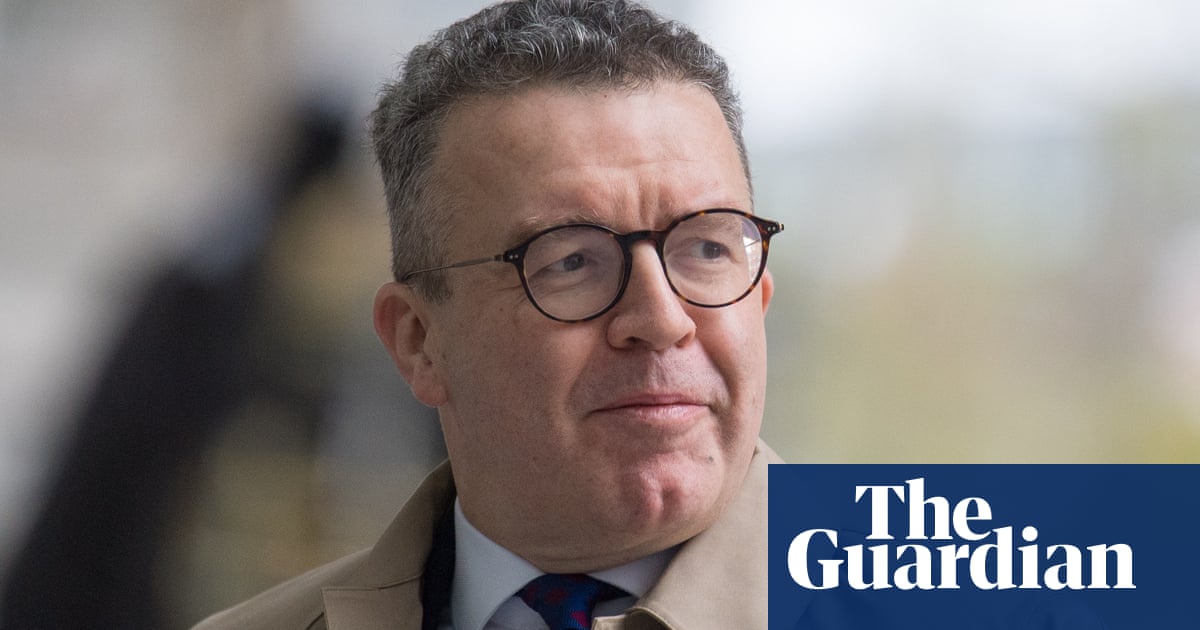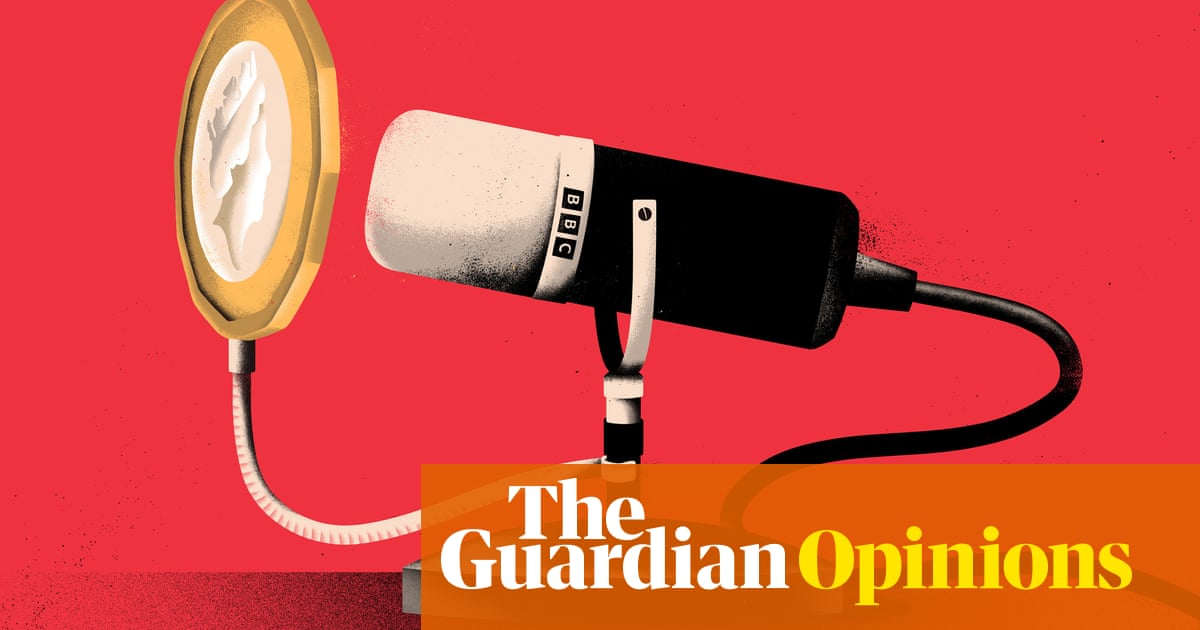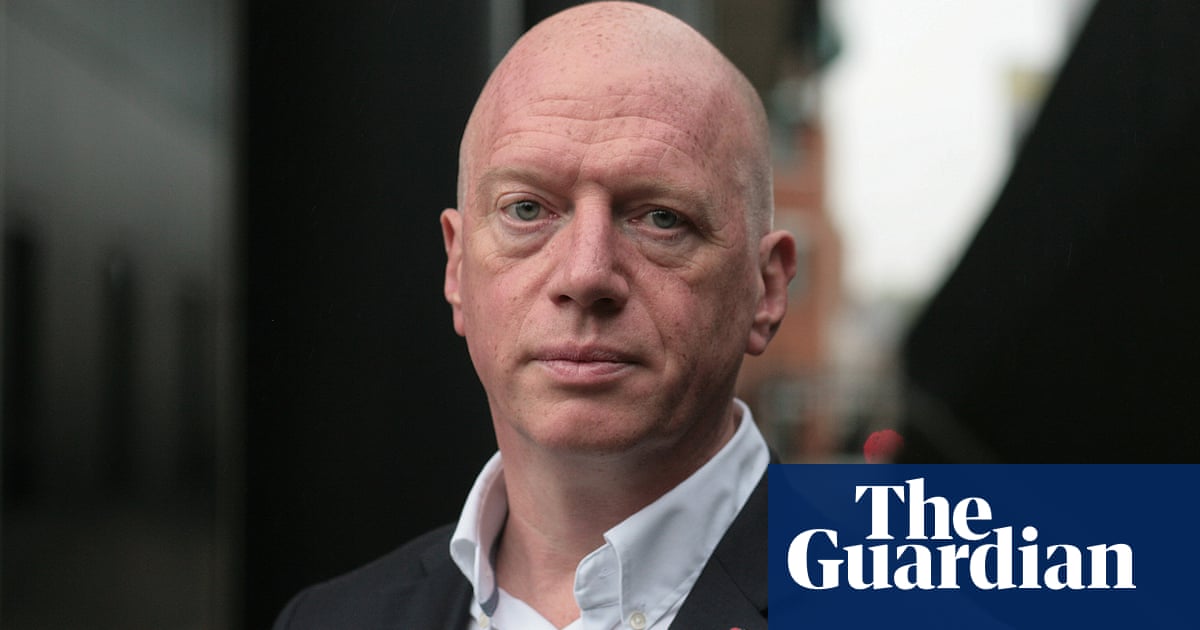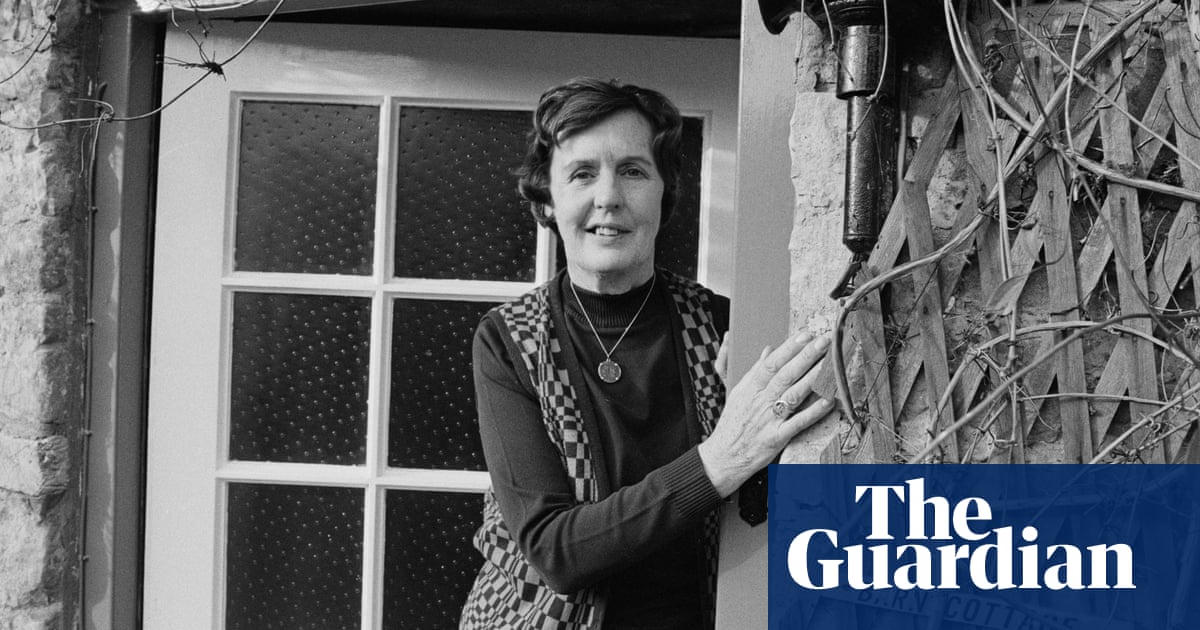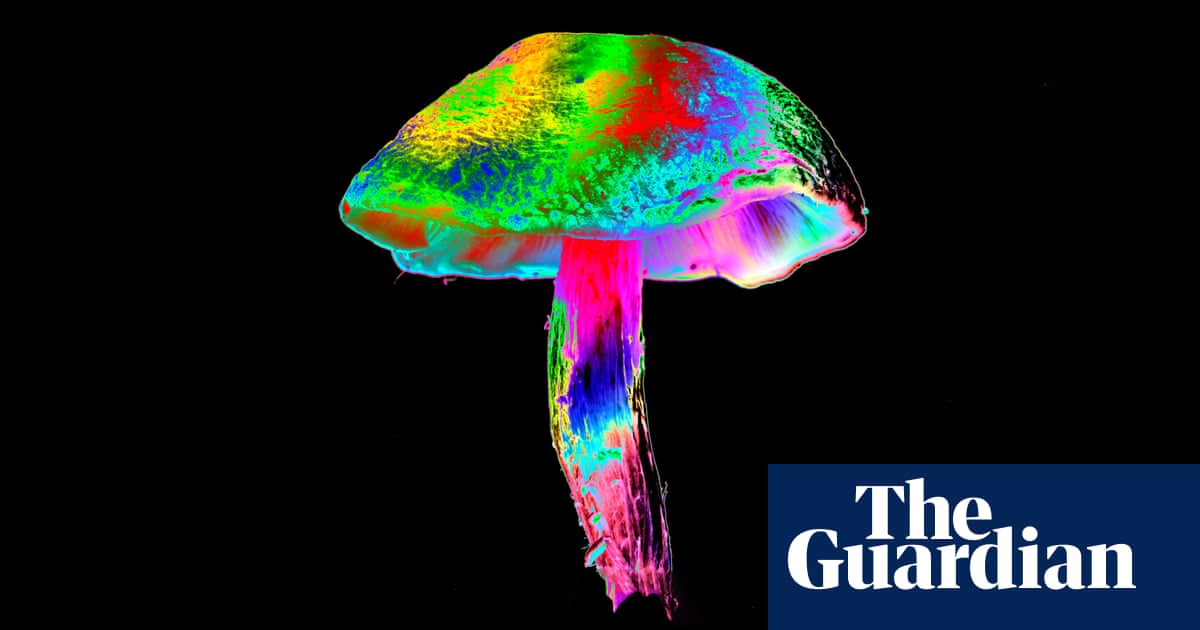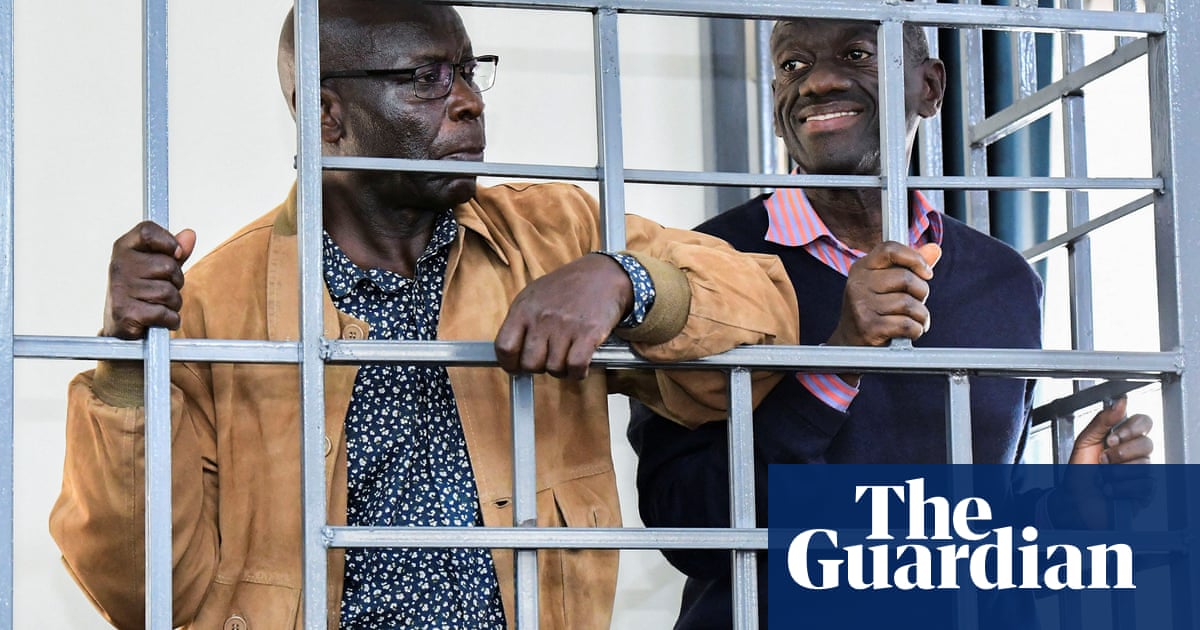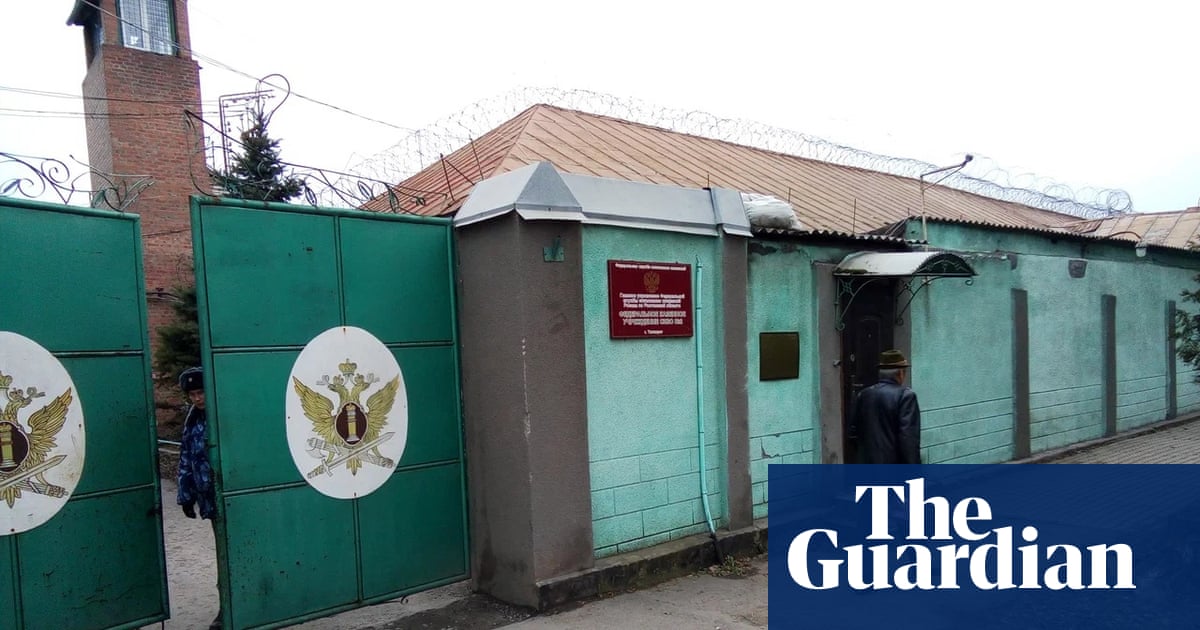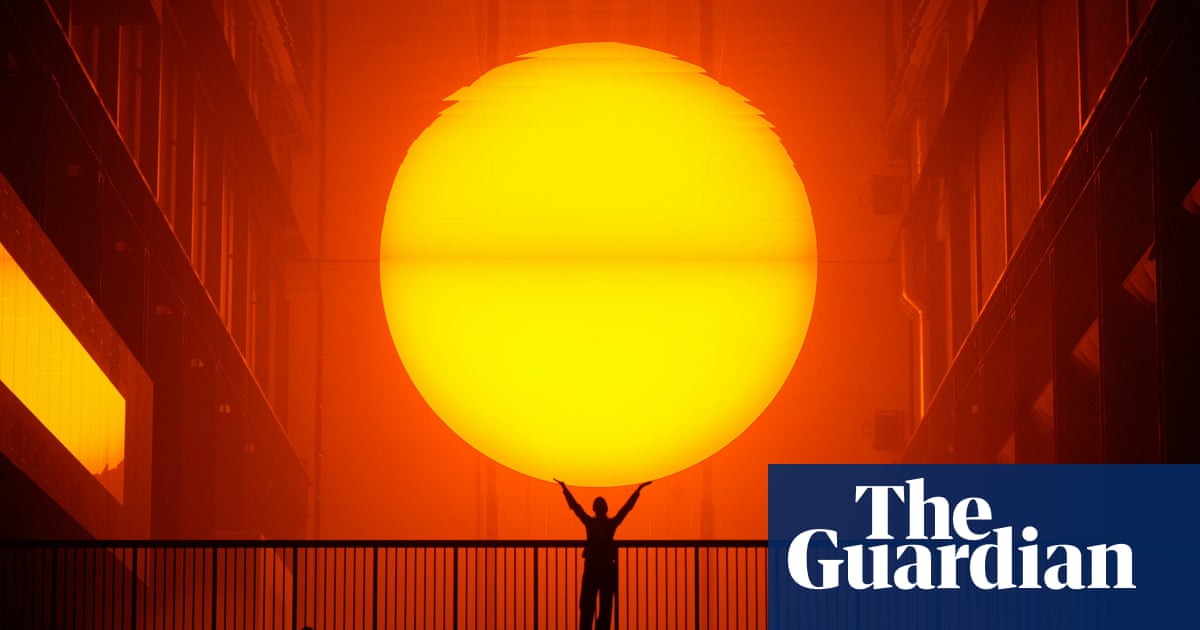
Assistant professor in the Department of Political Science at the University of Toronto
This week marked the start of US-Russia peace talks over a prize neither of them controls – Ukraine. The notable exclusion of Ukraine has drawn rightful criticism, but the real problem runs deeper. A peace deal could, in theory, be brokered through an intermediary, but only if the negotiations engage with reality. Instead, no one is discussing the real obstacles, such as the logistical nightmare of enforcing a ceasefire along a 1,000km line of contact.
What we are witnessing is less a diplomatic effort than a game of chess in which one player doesn’t know the rules and the other is making them up as he goes along.
Donald Trump, the self-proclaimed “artist of the deal”, insisted he could end the war in a day. Vladimir Putin and his inner circle are laughing. Humiliating the US had been their wildest fantasy. Now, with Trump’s help, they are living it. Putin isn’t negotiating in good faith – he never does. From Georgia to Donbas, he has used ceasefires as strategic traps. Despite the war’s mounting costs, he has shown no willingness to compromise on his original demands: total control over Ukraine, either through annexation or a puppet regime. His conservative elites see Ukraine as central to Russia’s imperial ambitions, while economic oligarchs eye its vast mineral wealth and the prospect of sanctions relief. Meanwhile, Trump amplifying Kremlin propaganda validates the war to ordinary Russians.
The current negotiations are unlikely to get Putin his ultimate prize – Ukraine isn’t Trump’s to give away – but they will help advance his other objectives: easing sanctions, humiliating the US, and weakening Nato. And with Trump’s cooperation, he’s getting everything he wants.
Ironically, in this farcical negotiation, Ukraine is not the biggest loser. Kyiv saw US military aid dwindle, and has ramped up its own weapons production while turning to Europe for additional support. Ukraine today is in a far better position than it was three years ago. It will fight on – with or without Washington.
The real loser is the US. Trump is trading Washington’s global standing for the amusement of Putin and his cronies and the bewilderment of US allies. The world is watching as the US president parrots the rhetoric of one of his country’s biggest adversaries. The long-term damage to the US and international security may be greater than he understands.

Barrister and former military officer who served in the Balkans, Iraq and Afghanistan
In the far north-east of London, at the Permanent Joint Headquarters (PJHQ) in Northwood, some of the UK’s brightest young military planners are grappling with questions about a potential deployment to Ukraine.
What can western armed forces realistically provide and sustain? For Nato as a whole, one question has been settled. Despite Volodymyr Zelenskyy’s appeal for 100,000 European troops to guarantee Ukraine’s security, the real figure available is closer to 30,000. The UK’s contribution on the ground – under optimal conditions – would be a single brigade of 7,000–8,000 troops from an embarrassingly depleted British army. Even that would require 70-80% of its combat support resources, particularly key engineering capabilities.
Thirty thousand troops are less than half the well equipped force Nato (including powerful US contingents) deployed to secure peace in Bosnia and Kosovo – both smaller conflicts with weaker opposition and minimal risk. The demands on deployed troops would be immense. Most importantly, British and other western troops would be prime targets for Russian or pro-Russian “grey zone” drone attacks or other lethal asymmetric threats.
Whisper who dares, but to sustain such a mission western Europe may need outside help. Nato’s strongest European land power, Turkey, has played a deft hand in this war and Russia would hesitate to provoke its forces. And then there is another power, for whom logistics and numbers will not be a problem. China, Ukraine’s leading state trade partner, has floated the possibility of joining such a force, if other non-Nato states – such as India – are involved.
For politicians, two critical questions loom. If this mission were ever to take place, subject to Russian agreement and perhaps a UN mandate, how does this end? Is this to be a Balkan-style operation with reasonably clear parameters, or a decade-long Afghan-style commitment that consumes and saps British and Nato resources. Experience suggests these questions should shape strategy. Too often, they do not.

Lawyer and mediator from Kyiv
It feels strange that I even have to say this, but there is no Ukrainian who does not want peace. We all want the war to end, the killings to stop and life to return to normal.
When Donald Trump first spoke about peace negotiations and took a strong stance against Vladimir Putin, many of us felt a glimmer of hope. We have seen that while US and European support has been crucial for our survival, it has not been enough to secure victory, and Joe Biden’s diplomatic approach with Putin has not worked.
However, now I feel deeply disappointed – if not outright violated. I expected strong leadership and meaningful support from Trump. Instead, his words (and the lack of concrete action) suggest something entirely different. It seems the US is shifting towards victim blaming and possibly even conspiring with the aggressor in a way that could bring us even more harm.
As a lawyer and mediator, I understand the complexity of conflicts and that even the worst wars must eventually be resolved through negotiation. However, if Trump wants to be a peace broker, he cannot do so for his own political gain. He must maintain balance – not by treating Ukraine and Russia equally, but by acknowledging the reality of this war. If he positions both sides as the same, who is he truly helping? And what message does this send to other aggressors around the world?
My biggest fear is that our fight and sacrifices won’t matter in the end. That the sacrifice of my father’s health, which he made for this war, will be forgotten. That the US and other powers will make a deal with Russia, dividing Ukraine instead of helping us win. We are not fighting for a temporary peace – we are fighting to exist as a free and whole nation.

Political scientist and co-author of Conflict in Ukraine: The Unwinding of the Post-Cold War Order
Donald Trump’s recent statements on the war in Ukraine have caused confusion in Europe and consternation in Kyiv. He has accused Ukraine of starting the 2022 war with Russia and called Volodymyr Zelenskyy a dictator. Though brass-tacks negotiations on ending the war have not begun, Trump excluded Ukraine and Europe from the recent meeting in Saudi Arabia between top American and Russian officials. And this isn’t even a complete list.
Trump has been remarkably clear, and blunt, about the essentials of what he deems an acceptable settlement. Ukraine will not be admitted to Nato. It must give up territory occupied by Russia, though he has not specified the extent. The US won’t provide postwar Ukraine a security guarantee. European states can, providing they understand that the troops involved won’t be protected by article 5 of the Nato treaty, the collective defence pledge. Trump’s position on this last point could shift, however: Russia has ruled out any Nato troops, in any capacity, on Ukrainian soil. Trump wants a new, cooperative relationship with Russia and may back Moscow’s position.
Trump has essentially washed his hands of Ukraine, upending US policy since the Russian invasion. His approach to mediating an end to the war has shocked the US foreign policy establishment. But he has contempt for its ideas and knows that those who voted for him will applaud. To him, that’s what matters. If Kyiv chooses to continue fighting or seeks a security guarantee, it must look to Europe for help. The US, the president noted, can walk away from Ukraine: an ocean lies between them.

Director of Carnegie Europe
If the US does turn its back on Ukraine and its Nato allies, Europe stands at a crossroads. It can transform its support of Kyiv into leadership over the fate of the continent, whether it is involved in possible ceasefire negotiations or not. Alternatively, it risks becoming vulnerable to further Russian aggression, and turning into a vassal of the US.
Europe’s military and financial support of Ukraine actually outperforms that of the US. Over the past three years, European countries and the European Union have provided Ukraine with €62bn in military aid (compared with €64bn from the US) and €70bn in financial and humanitarian aid (compared with €50bn from the US).
Available calculations estimate that Europeans would have to increase spending by 0.12% of their GDP to compensate for a US withdrawal. Aside from financing and accessing the necessary military resources, Europe would still need to transform its defence cooperation to deter Russia from another invasion in the future. This would be a huge leap, but necessary to preserve Europe’s independence – from Russia, but also from a Trumpian US.
Security is paramount, but Russia’s war is also against a democratic Ukraine whose citizens twice, in 2004 and 2014, took to the streets and ousted their oligarchic, pro-Kremlin and corrupt presidents. If the US and Russia push Ukraine into holding elections, European support will be needed to ensure the integrity of the electoral process and to counter Vladimir Putin’s pursuit of the installation of a puppet regime in Kyiv, thus achieving another of his war objectives. The playbook has been rehearsed most recently in Moldova, Romania and Georgia. Supporting a democratic Ukraine, regardless of its territorial status, would also be a step towards making the country a member of the EU.

.png) 2 months ago
21
2 months ago
21
